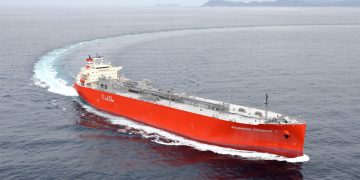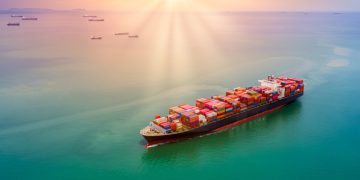The Gard P&I Club issues Circular re the loading of Dried Grain with Soluble in US ports
In May 2010, Gard addressed the carriage of Distillers Dried Grain focusing on the risks involved The Gard P&I Club issues Circular regarding the loading of Dried Grain with Soluble (DDGS) in US ports as follows:In May 2010, Gard addressed the carriage of Distillers Dried Grain (DDG and DDGS),1 focusing on the regulations and the risks involved.Gard has received further requests for advice related to the shipment of Distillers Dried Grain with Solubles (DDGS) from the United States one of the main exporters following charterers/shippers provision of a letter of authorisation issued by the USCG.This letter purports to authorise the carriage of DDGS as non-hazardous (Group C) cargo pursuant to section 1.3 of the International Maritime Solid Bulk Cargoes Code (IMSBC Code).For more information, click here.Source: The Gard P&I Club
Read more



















































